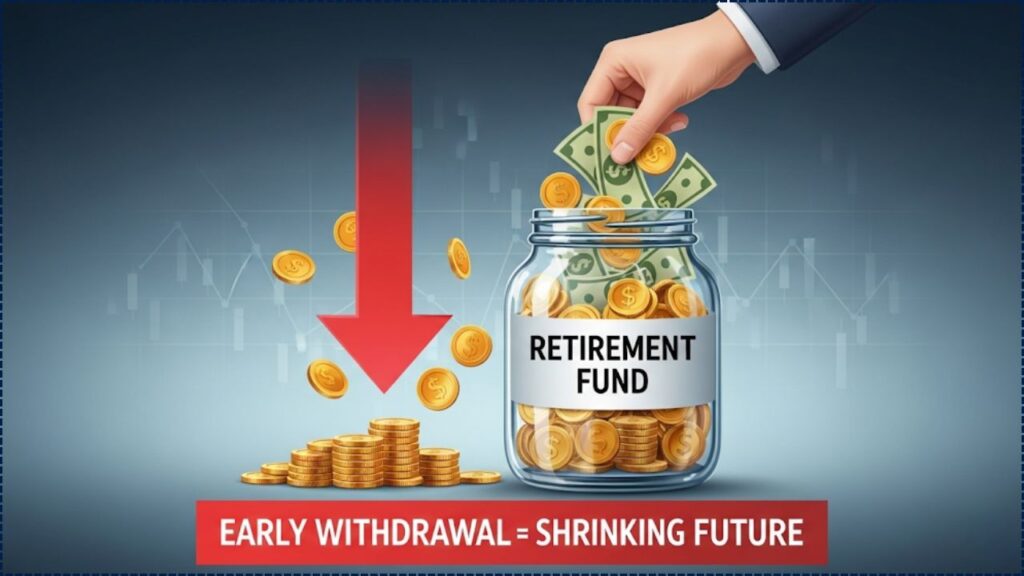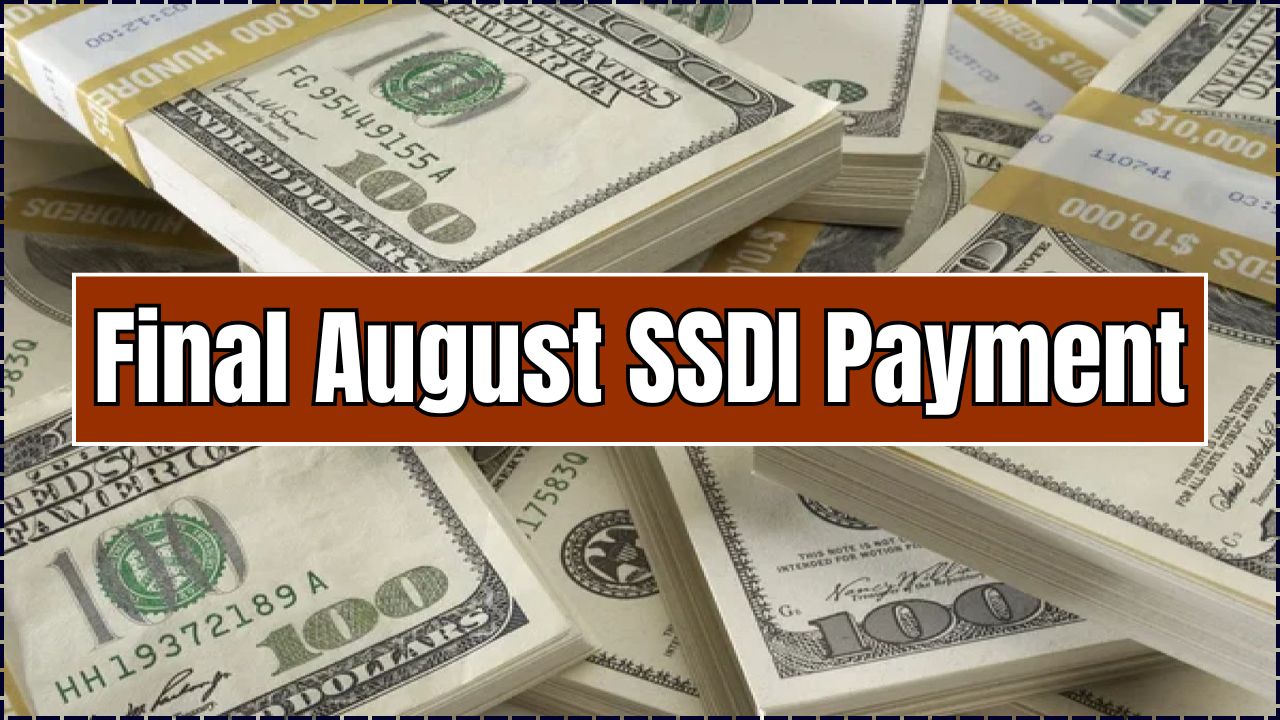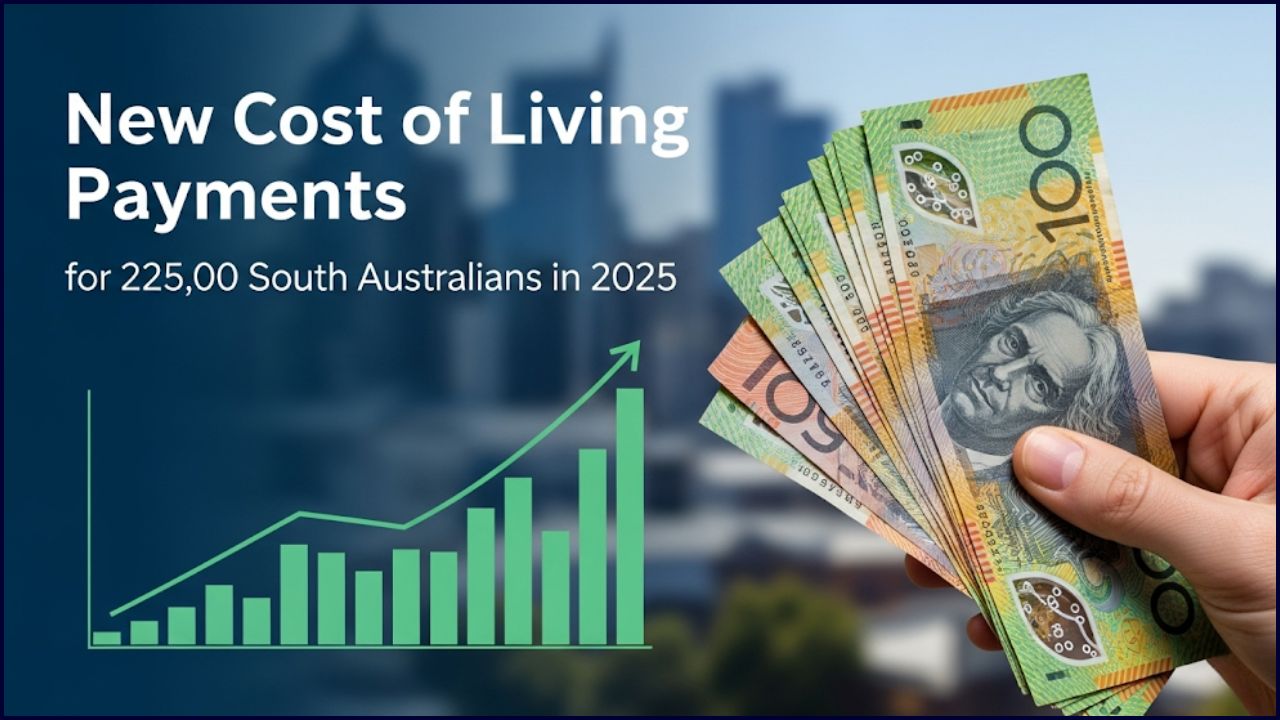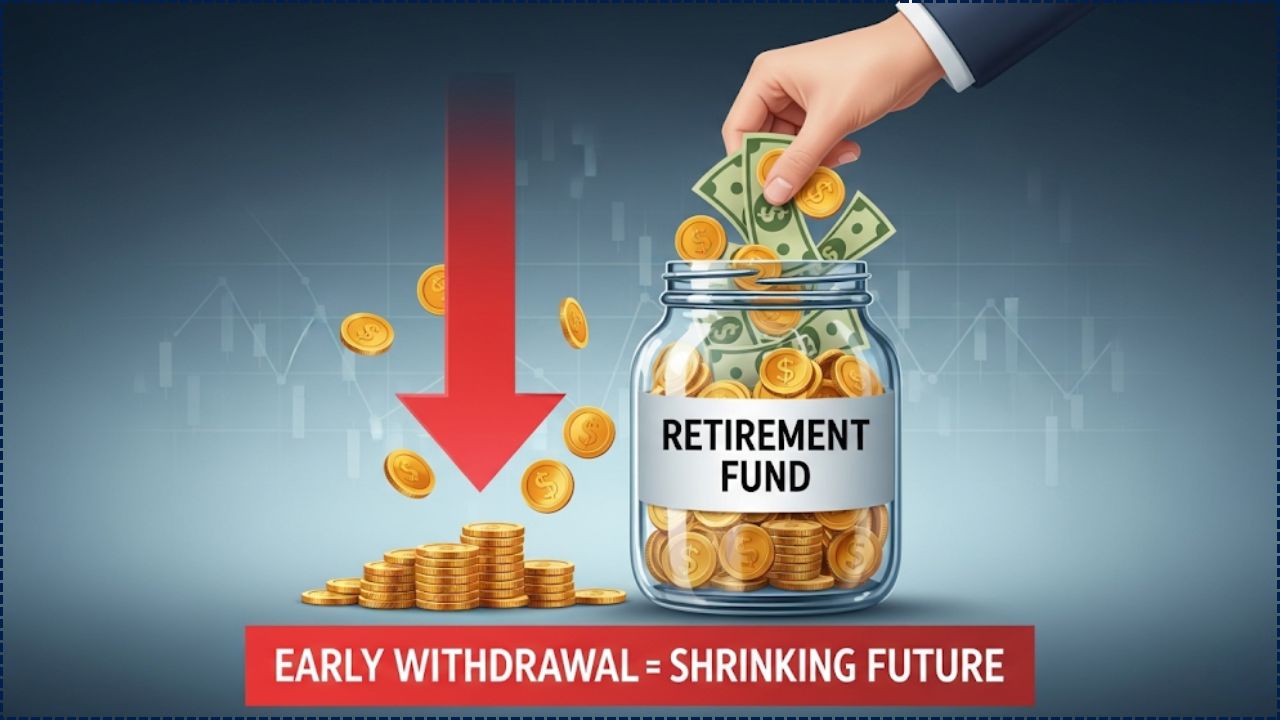Superannuation, or “super,” is a critical part of securing your financial future in Australia. But with the increasing temptation to dip into your super early, it’s important to understand the long-term consequences of doing so. Whether it’s for an emergency, a holiday, or personal expenses, early withdrawals might seem like an easy fix, but they can severely impact your retirement savings.

The Australian Taxation Office (ATO) has issued stern warnings against accessing superannuation funds for non-essential purchases like cosmetic surgery or luxury vacations. It’s vital to remember that early super withdrawals could ruin your retirement if not handled properly. Let’s take a deeper look at why accessing your super early could be a bad move and explore safer, smarter ways to manage your funds.
Australians Warned
| Topic | Key Points |
|---|---|
| Superannuation Explained | Super is a long-term retirement savings plan that grows over time. |
| Consequences of Early Withdrawal | Early withdrawals cost you long-term growth, affecting your retirement funds. |
| Misleading Advice | Some advisors promote illegal early super access schemes. |
| Legal and Financial Penalties | Fraudulent withdrawals incur penalties, tax fines, and interest. |
| Alternatives to Early Access | Explore emergency loans or financial counseling instead of using super early. |
Accessing your superannuation early may seem like an easy solution, but the long-term costs are high. Whether you’re facing an emergency or tempted by a luxury purchase, think carefully before making that decision. Super is meant to secure your retirement, not to fund short-term wants. By following the proper procedures and exploring other options, you can ensure that your superannuation remains intact for your future.
What is Superannuation?
Superannuation is a retirement savings account that you contribute to throughout your working life. In Australia, employers are required to contribute a percentage of your salary into a super fund, and you may also make personal contributions to boost your savings. When you reach retirement age (usually 60 or older), you can access your super to help fund your retirement.
Superannuation is not for general use—it’s designed specifically to provide financial security when you’re no longer working. The Australian government has set up clear rules regarding when you can access your super, with most people only allowed to access it upon reaching retirement age. But, in certain cases, you can access it earlier due to specific circumstances like severe financial hardship, medical conditions, or disability.
Why You Should Think Twice About Early Super Withdrawals
1. The Cost of Early Withdrawals
Superannuation is a long-term investment, and one of the most powerful factors in its growth is compound interest. When you withdraw money early, you’re not just losing the initial amount you withdrew—you’re also forgoing the future returns that your super would have earned.
Let’s break it down with a simple example:
Imagine you’re 30 years old, and you decide to withdraw $20,000 from your super for a vacation or home renovations. Sounds tempting, right? But in 30 years, that same $20,000 could grow into around $93,000. That’s $93,000 you won’t have in your super, simply because you accessed it early.
It’s not just about the $20,000 you took out; it’s the future growth potential you lose. So, every time you consider early access, think about the financial future you’re potentially jeopardizing.
2. Real-Life Examples: Early Super Withdrawals Gone Wrong
While there are cases of people using early super withdrawals for emergencies or hardship situations, there are also unfortunate stories of people who accessed their super early without fully understanding the consequences.
For example, Sarah, 35, used her super to pay for a home renovation project. She was thrilled about her new kitchen but didn’t realize that the $15,000 she withdrew would result in her losing over $75,000 by the time she retired. Now, Sarah is struggling to make up for that loss and wishing she had found other ways to finance the project.
Another example is John, 42, who was encouraged by an online advisor to use his super to pay off a high-interest loan. While it solved his immediate problem, he now finds himself facing hefty tax penalties and a retirement fund that’s far smaller than it would’ve been had he left the super untouched.
These cases highlight the long-term impact of early super withdrawals and emphasize how important it is to think carefully before making that decision.
3. The Legal Risks of Early Access
The ATO takes a strong stance against fraudulent early access schemes. If you provide misleading information or false documentation to access your super, you could face serious penalties. This includes fines, back taxes, and potentially even legal action.
Misleading advice is a key concern—many financial “experts” encourage people to access their super for things like cosmetic surgery or luxury purchases. However, these types of withdrawals are not allowed unless they meet specific criteria.
4. The ATO’s Crackdown on Fraudulent Access
The ATO has been ramping up its efforts to catch those who misuse their superannuation funds. As a result, there has been an increase in penalties for those caught engaging in fraudulent activity. Whether it’s cosmetic procedures or avoiding debts, trying to access your super for non-eligible reasons could result in heavy fines and legal consequences.
When Can You Access Your Super Early?
You can access your superannuation early only under specific, legitimate circumstances. Here’s a breakdown of those situations:
- Severe financial hardship: If you’re facing extreme financial difficulties and cannot pay for basic living expenses, you may be able to apply for early super access. However, this is a strict process and must be verified by your super fund.
- Medical reasons: In cases of serious illness or injury, you may be able to access your super to cover treatment costs, but this usually requires proof from a doctor.
- Permanent incapacity: If you become permanently disabled and are unable to work, you may be able to withdraw your super.
- Terminal illness: If you are diagnosed with a terminal illness, you can access your superannuation to cover medical expenses and financial needs.
If you don’t meet any of these criteria, it’s likely that you cannot access your super early without facing penalties.
Early Super Withdrawals: The Short-Term “Gain” vs. The Long-Term Loss
| – | The “Now” (Early Withdrawal) | The “Later” (Leaving Super Intact) |
| Immediate Benefit | Access to cash for an urgent need (medical bill, etc.). | No immediate cash gain. |
| Long-Term Impact | Significant reduction in your retirement nest egg. A small withdrawal today can mean tens of thousands of dollars less in the future. | Compound interest continues to grow your savings, potentially multiplying them many times over. |
| Taxes | The withdrawn amount may be taxed, depending on your age and circumstances, further reducing your benefit. | Your super earnings are generally taxed at a lower rate (15%) within the fund. |
| Insurance | You might lose or forfeit valuable insurance policies (like Total and Permanent Disability) attached to your super fund. | Your insurance policies remain active, providing a safety net for unexpected events. |

What Are the Alternatives to Early Super Access?
If you find yourself in a situation where you need immediate cash but don’t want to access your superannuation, there are other options available:
- Emergency Loans: Look into emergency financial assistance or loans. These are often more affordable and don’t come with the long-term penalties associated with withdrawing your super.
- Financial Counseling: Financial advisors can help you manage your expenses and debts without touching your super. They can assist in negotiating with creditors or exploring other options like payment plans or restructuring.
- Government Assistance: In some cases, government programs may be available to help with financial hardship, so check with your local services.
FAQs
Q: Can I use my super to pay for debts?
A: Superannuation is generally not available to pay off debts unless you qualify under severe financial hardship conditions. Even then, there are strict rules you must follow.
Q: What happens if I withdraw my super early?
A: If you withdraw super early without meeting the legal criteria, you could face tax penalties and interest charges. Your super may also be taxed as income.
Q: Is there any way to get my super back if I withdraw it early?
A: Once you withdraw your super early, it’s difficult to put it back unless you meet specific requirements. If you’ve withdrawn it illegally, you may be required to return it along with any tax fines.












